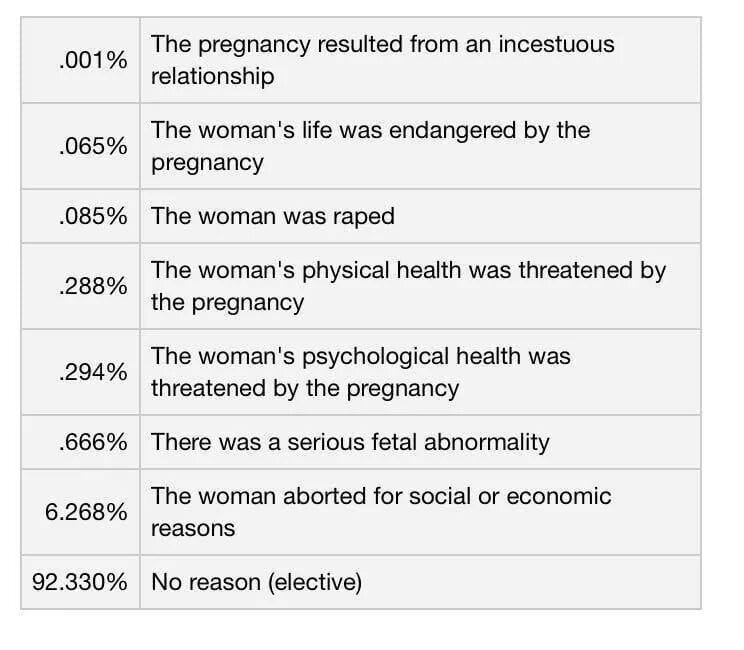Every so often, you come across something and the expression, “Peak Boomer,” dances across your mind.
Rejected Parents of Estranged Adult Children
From their welcome page:
Often, a rejected parent has done nothing to warrant an adult child’s rejection.
Really? And how, pray tell, do you know this to be the case?
How many adult children have you followed up with to ask why they decided to sever ties with their parents?
There are so many ways to call bullshit on that assertion, but let’s just stick to one:
Let’s assume that the parents didn’t do anything to warrant an outright rejection from their child. Who is responsible for raising that child to be so weakly bonded to their parents that they’d cut them out of their life for “nothing”?
There is no way to get around the fact that, in general, parents who are rejected by their adult children have set themselves up for this result. Children have their own personalities, and I’m sure it can be a real challenge. Even the most well-behaved child is going to press your buttons, test your limits.
But who made the choice to start this relationship? Not the child. They didn’t ask to be here. They’re only here because of the parent. How the parent responds to the child defines the relationship between them. That fact does not change simply because the child grows up into adulthood.
On a personal note, I would not be surprised if one or both of my parents made the audacious claim that they didn’t do anything wrong. “It was just, well, one day, he just decided to cut off contact with them. No warning! No notice! He just disappeared!”
“I bet it was that PODCASTER”
Right. It wasn’t the years of abuse and neglect. It wasn’t that you seemed bored and annoyed that I existed at all. It wasn’t that, when I brought up how unhappy I was, you made it all about you. It wasn’t that, after I no longer needed you, you somehow really, REALLY started to need me.
It was some stranger who pointed out to me that I didn’t have to put up with people treating me so poorly.

